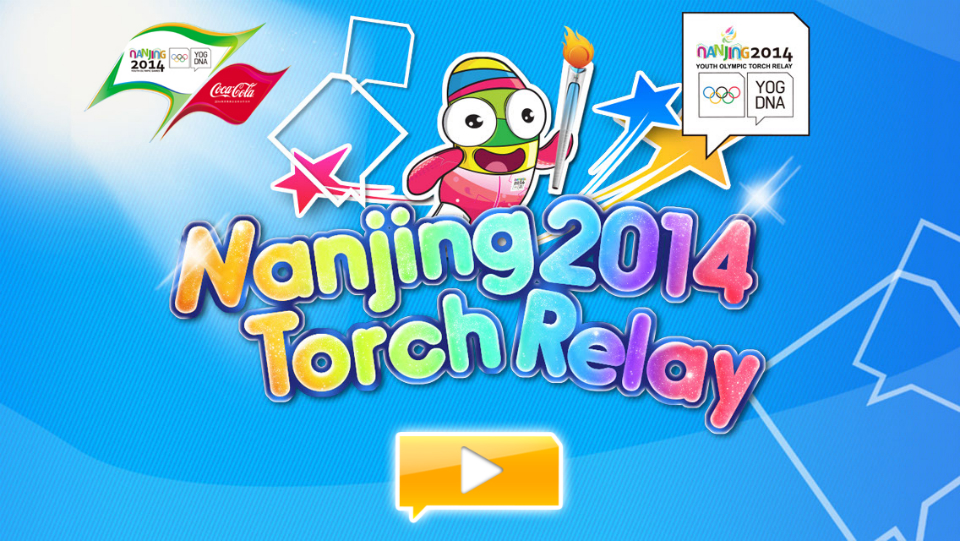Filtered By: Scitech
SciTech
For the first time in history, Olympic torch to travel through cyberspace
By XIANNE ARCANGEL, GMA News

Since the modern ritual of the Olympic torch relay started 78 years ago, there has been no end to the many novel ways in which the Olympic flame has traveled across the globe—on horseback, at sea, underwater and in space.
And now, for the first time in the Games’ history, the relay is taking place in cyberspace.
Thanks to the Virtual Relay Torch app, anyone with a smartphone can participate in transporting the torch to Nanjing, the host city for this year’s Summer Youth Olympic Games. The app, available on the App Store and Google Play, features a torch relay marathon wherein users can win badges by achieving specific running and walking goals.
Despite being a virtual activity, using the Virtual Relay Torch app has rewards for users in real life. Mobile phones, tablets, plush toys and tickets to the Nanjing Youth Olympic Games are some of the prizes at stake for avid virtual torchbearers.
According to the China Daily News, 42.6 million individuals have registered to “carry” the Olympic flame via the Internet as of July 15.
The app’s launch was timed with the lighting of the actual Olympic torch in Athens on April 30. Prizes will be up for grabs for anyone who participates in the virtual torch relay until August 28. The real-life torch, meanwhile, will be lit in the opening ceremonies of the Summer Youth Olympic Games in Nanjing onAugust 16.
Electronic platforms
Wang Xiaoyan, Assistant Director General for Communications of the Nanjing Youth Olympic Games Organizing Committee, said the app presented a unique way for people—especially the youth—to know more about the Games.
“We developed it to draw more attention and generate more publicity for the Youth Olympic Games,” he said.
Aside from the Virtual Torch Relay app, the organizing committee behind the Games is utilizing other electronic platforms to reach its target audience in China and abroad. In the Mainland, content about the upcoming games are posted on Sina Weibo, China’s Twitter-like service, and sent to WeChat users subscribed to the Games’ official account.
For the overseas market, these are accessible through social media sites such as Facebook, Twitter and Instagram. Videos featuring the funny antics of the Games’ official mascot, Nanjinglele, can also be viewed on the Games’ official YouTube channel.
Olympic dream come true
If the organizers of the Nanjing Youth Olympics seem to be aggressive about drumming up interest for the Games, it’s because the city waited 60 years to realize its Olympic dream.
In 1945, the city’s officials applied to the International Olympic Committee for the rights to host the 1952 Summer Olympic Games. Their pursuit of the bid was cut short when the country was thrown into a civil war. The city of Helsinki in Finland was eventually selected to host the Games.
When Nanjing won the rights to host the second Youth Olympic Games, the city wasted no time engaging the youth to take on a more active role in preparing for the event, Wang said.
Not only did the organizers tap those born in the 1980s and later to make up bulk of the volunteers for the Games, they also chose young people to be part of the team in charge of creating promotional content for the Games.

Friendship, excellence, respect
The organizers hope the involvement of China’s youth in preparing for the Games will encourage youths in other parts of the world to join the celebration of athleticism and cultural diversity in Nanjing next month.
“More than winning the Olympic gold, we hope youth athletes and spectators will learn the value of friendship, excellence and respect in Nanjing,” Wang said.
The city expects to welcome a total of 3,808 athletes aged 15 to 18 years old for the Youth Olympic Games, which will feature 28 sports. — TJD, GMA News
More Videos
Most Popular



